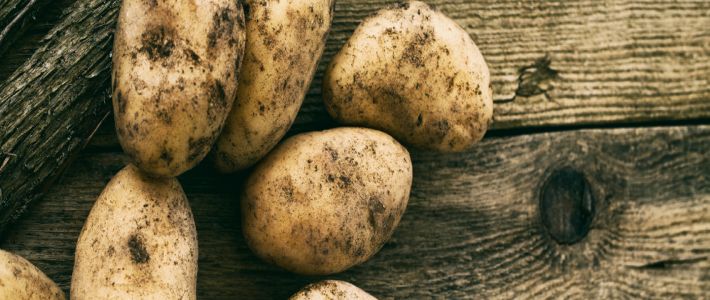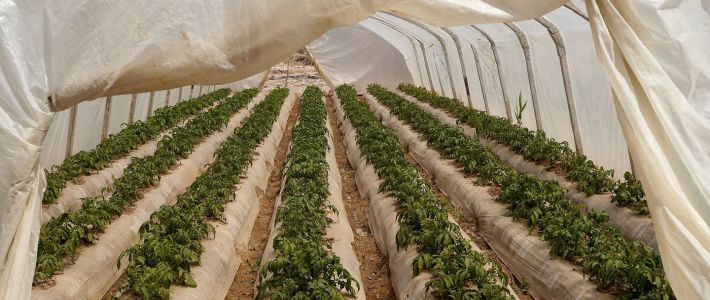
Visit our other sites
-
Fapas - Proficiency Testing
Globally recognised provider of proficiency tests, running over 400 tests annually across an extensive range of matrices and analytes
-
Great Crested Newts Testing
A single sample taken by an ecologist at any time during the newt breeding season can determine their presence or absence, saving you time and money

Method Used
Bacterial Isolations
Parameters tested
Bacterial
Accreditation
None
Standard Turnaround Time
10 working days
Blackleg and soft rots pose a serious threat to British potato production and vigilance is required to prevent its introduction and spread.
Bacterial soft rot is known to cause a greater loss of produce than any other known bacterial disease. It can cause heavy losses in stored potatoes if not properly managed. This in turn can provide significant financial implications if not managed correctly.
Fera's plant experts can quickly determine the average tuber inoculum load of soft rotting bacteria in your sample.
More Information
A number of bacterial pathogens are capable of causing rots of potato tubers, most importantly during storage of the crop. The pathogen found most frequently in the UK is Pectobacterium carotovorum , but Pectobacterium atrosepticum and Dickeya species may also be involved.Tuber rotting can also develop following infection by the quarantine organisms Ralstonia solanacearum (brown rot) and Clavibacter michiganensis subsp. sepedonicus (ring rot). The majority of growers will, hopefully, never see either of these diseases, but should be aware of their symptoms.
Please contact us to discuss volume discounts.
| Detail | Specification |
|---|---|
Standard Turnaround Time | 10 working days |
Parameters tested | Bacterial |
Method Used | Bacterial Isolations |
Accreditation | None |
Type of Test | Bacterial |
Soft Rotting Bacteria (average tuber inoculum load) (100 tubers)
Add Samples
Your Current Samples
Please review your sample(s). Additional sample charges may apply where applicable.
There are no samples associated with this product at this time

Copyright © 2025 Fera Science Limited (“Fera”). All rights reserved.
For further information about how Fera uses any personal data collected from you, please see our Privacy Notice at www.fera.co.uk/privacy-policy.




